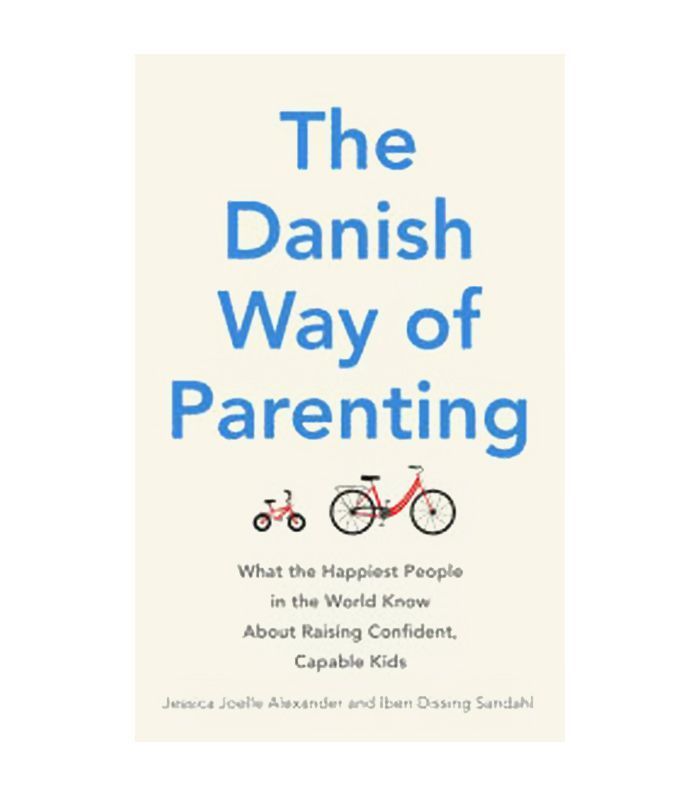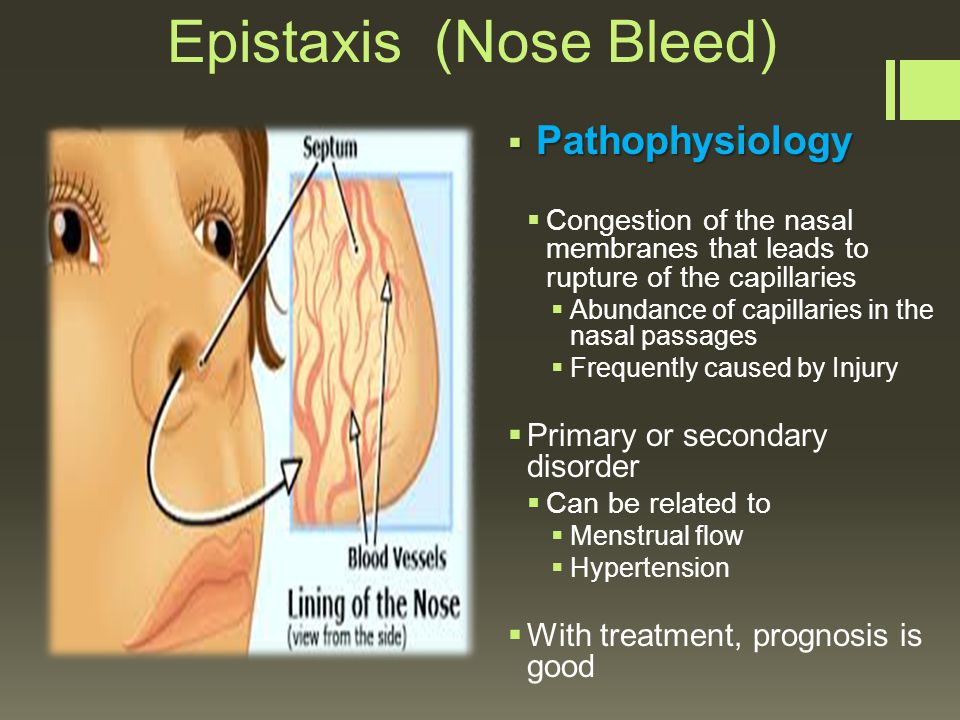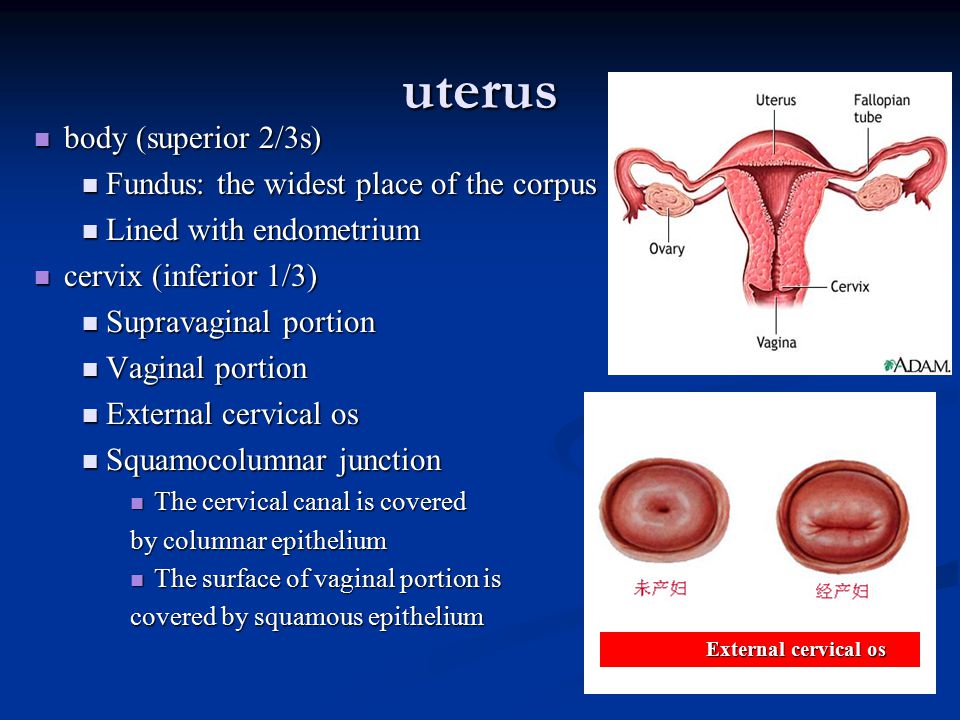How to raise a highly sensitive child
Highly Sensitive Child Parenting Strategies
Written By Dr. Amy Nasamran
March 1, 2021 | Written by Dr. Amy Nasamran
Are you raising a child who seems different from other kids? Maybe you can’t quite put your finger on it. Your little one is bright, intuitive, and in many ways ahead of what you’d expect for their age. Yet they struggle with seemingly routine things or can sometimes become upset at what feels like a drop of a dime.
You might have a highly sensitive child.
As a child psychologist who’s heavily trained in diagnosing and treating childhood mental health issues, I admit this one’s new for me! We didn’t learn about high sensitivity in our doctoral program. I’m guessing this might be because being highly sensitive isn’t a diagnosis or a mental health disorder.
I learned about this term — highly sensitive person, or HSP for short — more recently. As I read, researched, and learned more and more about HSPs, I realized how much I identify as one. I was also likely a highly sensitive child, or HSC, but I didn’t know it back then.
Highly sensitive children have so many strengths, but they also have unique needs that easily get missed. Highly sensitive kids don’t always look like they need help. They’re bright, intuitive children who might put on a brave face like everything's okay when there are actually signs that they could use some extra support.
After months of research I’ve come to find that even the most reputable parenting books and resources out there don’t address how to help a sensitive child. So I wrote this guide to help you not only begin to understand your highly sensitive child, but also some highly sensitive child parenting strategies.
Highly Sensitive Child Traits
Before we jump into some highly sensitive child parenting strategies, it’s important to understand highly sensitive child traits.
In general, HSPs:
Notice more cues in their environment than others
Have stronger internal responses (physical reactions, mental processing, emotions)
In other words, HSPs and HSCs tend to notice more, think about it more, and feel more. But that’s grossly over-simplifying it, so let’s dig a little deeper into highly sensitive child traits.
It’s a Trait, Not a Disorder
Being highly sensitive is thought to be an innate, neurobiological trait that about 1 in 5 people have (about 20-30% of people). This means that HSPs have a nervous system (the brain) that notices and processes subtle information more deeply. Researchers have called being highly sensitive “environmental sensitivity” or “sensory processing sensitivity,” not to be confused with sensory processing disorder. In fact, being highly sensitive isn’t a mental health disorder or diagnosis at all. It’s an inborn trait that explains how a highly sensitive person processes information and behaves. It’s an innate part of their temperament and personality.
It’s an innate part of their temperament and personality.
According to Dr. Elaine Aron, clinical psychologist and one of the leading researchers of HSPs, being highly sensitive is a normal variation of human temperament and personality. All people vary in how they process information in their environment and how they respond. For example, sitting in a room full of people with the TV on and music playing, some people may not even notice or be able to easily tune out the TV and music. Others might notice the TV or music playing but can carry on a conversation, no problem. A few people may be distracted or even bothered by the background noises and become overwhelmed by all of the stimuli happening at once. HSPs are those few people. HSPs and highly sensitive kids perceive and process cues from their environment more strongly and thoroughly.
Characteristics of a Highly Sensitive Child
So you might be wondering, is my child highly sensitive? Highly sensitive children have some key characteristics:
Highly sensitive children notice more in their environment and take in more sensory information than other kids.
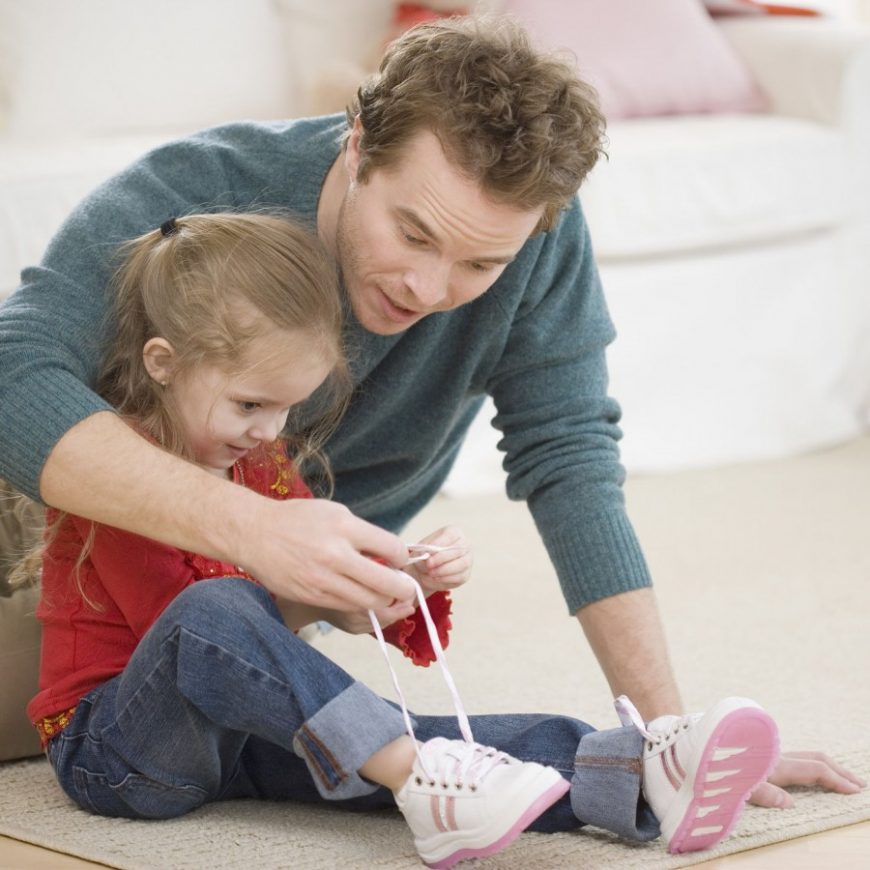 They may notice subtleties and changes that other kids don’t. For example, HSCs might be bothered by faint sounds or startled by loud ones, be bothered by wetness on their clothes, or detect subtle smells or flavors in food. They may also feel more sensitive or hurt by gentle teasing from loved ones or perceive typical kid play like the swings as too high or risky.
They may notice subtleties and changes that other kids don’t. For example, HSCs might be bothered by faint sounds or startled by loud ones, be bothered by wetness on their clothes, or detect subtle smells or flavors in food. They may also feel more sensitive or hurt by gentle teasing from loved ones or perceive typical kid play like the swings as too high or risky.Another highly sensitive child trait is processing information more thoroughly. HSCs prefer to observe and think before they act. They generally operate very conscientiously and carefully as a result and may appear quiet or shy. Some are also very creative as a result of their thoughtful and thorough thinking processes.
Highly sensitive kids have a strong sense of empathy for others. They take on the emotions of people and even animals around them. HSCs notice and spend more time thinking about social cues, like people’s facial expressions, tone of voice, and emotions.
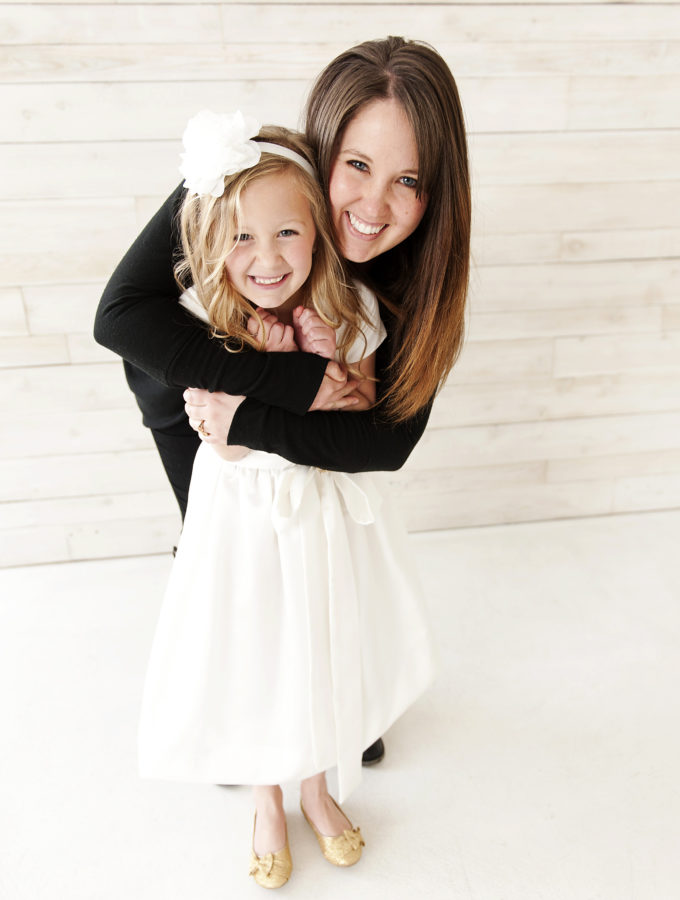
Highly sensitive children are easily overwhelmed by the high levels of stimulation they experience. They’re more affected by unexpected or sudden changes in plans. HSCs are easily overstimulated and can become tired or overwhelmed more quickly.
Due to the high levels of noticing, thinking, and feeling, highly sensitive kids are susceptible to shutting down, tantrums, and meltdowns. This is usually the result of information or emotion overload from what is thought of typical kid activities, like a birthday party or the playing at the park, rather than defiance.
The Highly Sensitive Child in Everyday Life
Some ways that highly sensitive child traits might play out in everyday life include:
Using big words or asking lots of thought-provoking questions
Seeming mature for their age or ahead of their years
Preferring quiet play over rough and tumble or high-action play
Having difficulty going to bed especially after an exciting day
Being uncomfortable or having trouble adjusting to sudden or unexpected changes
Being easily bothered by scratchy clothing, loud noises, or smells of food
Showing deep care and nurture of their friends, animals, and living things and having strong feelings and empathy when people or animals are injured
Highly Sensitive Child Parenting Strategies
Given what we know about HSCs and their unique strengths and needs, supporting and disciplining a highly sensitive child comes with special considerations. Disciplining a highly sensitive child by adjusting your discipline approach to match your child’s temperament will help them learn and succeed. Here are some highly sensitive child parenting strategies that address your child’s unique needs.
Disciplining a highly sensitive child by adjusting your discipline approach to match your child’s temperament will help them learn and succeed. Here are some highly sensitive child parenting strategies that address your child’s unique needs.
How to Help a Sensitive Child
Provide lots of downtime. A highly sensitive child can become easily overstimulated and overwhelmed by bigger groups (even a classroom of kids), sounds, and feelings. Providing plenty of downtime with quiet or relaxing activities can help your child decompress and recharge.
Provide structure and routine. Like most kids, highly sensitive kids thrive with structure and routine. Having a predictable and familiar routine helps kids feel safe and know what to expect. Avoid abrupt changes when possible. Of course, in life, things will come up. When plan changes are unavoidable, provide your highly sensitive child with as much notice as possible.
 This will give them time to adjust. Praise their cooperation even though it was hard for them to quickly shift gears.
This will give them time to adjust. Praise their cooperation even though it was hard for them to quickly shift gears.Encourage and praise their strengths. All kids thrive off of praise, and highly sensitive children need lots of encouragement and feedback too. When it comes to praising your highly sensitive child, reinforce their strengths, such as noticing their thoughtfulness or empathy for others. This will help normalize and humanize their feelings.
Teach feeling words. Highly sensitive kids feel many emotions, sometimes more strongly than others. Young children might show how they feel with their behaviors. Help your highly sensitive child learn feeling words to help them verbalize and better communicate how they feel with you.
Understand your own temperament as a parent. For example, are you someone who loves to talk and talks a lot? Do you thrive in groups or in high-energy environments? Or does your temperament match your highly sensitive child to some degree? Knowing your own temperament and personality can help you begin to understand how your needs may match or differ from those of your highly sensitive child.
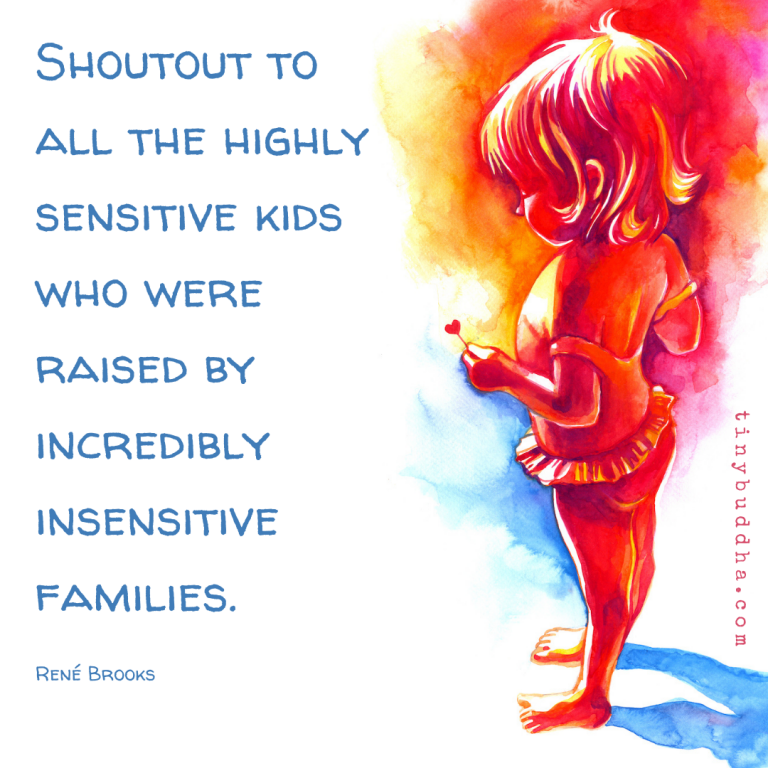
Disciplining a Highly Sensitive Child
When it comes to disciplining a highly sensitive child, many parents express challenges with knowing what to say and do. HSCs are more sensitive to criticism and correction, and parents are understandably concerned about being too harsh or hurting their child’s feelings. Yet, all children, including highly sensitive kids, need a parent who can discipline in a way that helps them learn and grow.
Validate your child’s feelings. Start by acknowledging your child’s feelings. This will help them feel heard and understood. It will also help your highly sensitive child understand their own emotions. You could say, “I see that you’re frustrated,” or “I know that made you sad.” Showing empathy can also help your highly sensitive child become more receptive to your upcoming feedback.
Start with a positive. The phrase “connect before you correct” is key here.
 Notice a positive or bring up what they are doing well before you provide feedback and correction.
Notice a positive or bring up what they are doing well before you provide feedback and correction.Use a neutral tone of voice. Speaking in a neutral tone and volume will make it easier for your highly sensitive child to be receptive and understand your feedback. It can help them focus on the message instead of becoming overwhelmed.
Be direct and consistent. Tell your child exactly what your expectations are. Be clear and consistent with your rules. Even though it can be tempting to bend the rules to avoid upsetting a sensitive child, too many exceptions actually make it harder for them to learn in the long run. Sensitive children do best when things are predictable.
Having a highly sensitive child is a gift, and your child has many strengths like a strong intuition, empathy, and creativity. Highly sensitive children also have unique needs. If you feel like you’re struggling with raising your highly sensitive child, it may help to have an outside perspective. It’s important to consult with someone who specializes in the unique needs of how to help a sensitive child.
It’s important to consult with someone who specializes in the unique needs of how to help a sensitive child.
As a licensed psychologist, child behavior expert, and HSP myself, I have the unique ability to guide parents in using specialized skills to support their HSP child’s needs. I provide parent consultation and support at Atlas Psychology. Reach out to learn more!
MEET THE AUTHOR | AMY NASAMRAN, PH.D.
I’m Amy, a licensed psychologist, author, and child behavior expert. I specialize in working with people at two of my favorite stages in life: early childhood and early adulthood. Atlas Psychology was founded to provide community-driven, evidence-based education and mental health therapy for children, parents, and young adults.
INTERESTED IN WORKING TOGETHER?
Learn More
Dr. Amy Nasamran
How To Parent And Build Confidence In Your Highly Sensitive Child
| Is high sensitivity bad | Signs | Why is my child so sensitive | The importance of parenting | Parenting strategies |
What Is A Highly Sensitive Child?
A highly sensitive child is a child that is more sensitive and often also more reactive to environmental influences. Such children are acutely aware of the outside world, and they’re quick to react to subtle changes in everything around them. They are hyper-aware of the sounds, smells, and temperature around them. A highly emotional child can also be intensely affected by the emotions of others1.
Such children are acutely aware of the outside world, and they’re quick to react to subtle changes in everything around them. They are hyper-aware of the sounds, smells, and temperature around them. A highly emotional child can also be intensely affected by the emotions of others1.
According to the psychologist who coined the term “the highly sensitive child”, Dr. Elaine Aron, high sensitivity is quite common, occurring in approximately 15 to 20% of the population2.
Is high sensitivity bad
High sensitivity has been studied in infants and children for more than fifty years, but it is often described in other terms, such as having a low sensory threshold, shy, introverted, fearful, inhibited, negative, or timid.
Highly sensitive children are often misunderstood and misjudged by the world around them. While high sensitivity may look similar to these personality traits and illness, it is none of these things.
Shy
A shy child is an anxious child.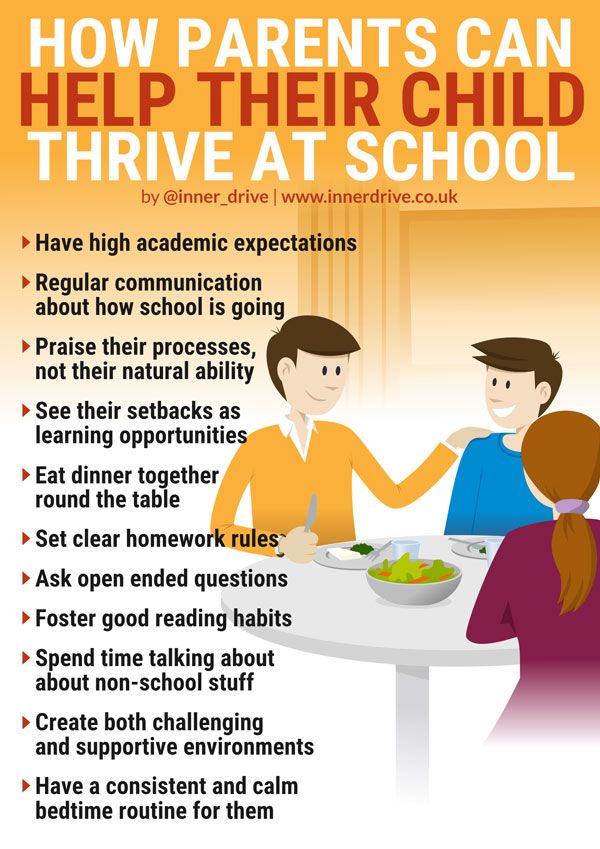 They are more likely to feel inhibited in unfamiliar social situations. They have a tendency to feel nervous, and they prefer to watch and observe the goings-on from the sidelines–joining in is rarely a consideration.
They are more likely to feel inhibited in unfamiliar social situations. They have a tendency to feel nervous, and they prefer to watch and observe the goings-on from the sidelines–joining in is rarely a consideration.
On the other hand, an overly sensitive child will also observe from the sidelines, but in this case, it’s simply a factor of the child taking time to process what’s going on around them. The child is not avoiding the situation per se, they’re just taking a bit more time to take in and process the new sensory input.
Introverted
Introversion is a personality trait. Introverts are more reserved and reflective. They tend to enjoy a quiet activity3.
While introverts tend to keep to themselves and are less likely to engage in social situations, they can change their mind with a little encouragement. Social situations are particularly draining on introverts, and they’re often followed by a period of time where the person recharges by spending time alone.
A highly sensitive child, on the other hand, is not necessarily reluctant to engage; they just take a little more time to join in because they need more processing time.
Neurotic
In general, neuroticism is defined by adjectives such as anxious, moody, and depressed.
While high sensitivity is often mistaken for neurosis—it is not.
Neurosis is a mental illness that is characterized by obsessive behavior, anxiety, depression, and even hypochondria4. These traits are not associated with high sensitivity. High sensitivity is not a symptom or a result of a disorder, nor is it dysfunction or neurosis.
Sensory processing disorder
Sensory processing sensitivity is not a disorder and it is not the same as sensory processing disorder.
Sensory processing disorder is characterized by under- or over-responsiveness to sensory stimulations in the environment and a disorder is an impairment that severely affects one’s daily functioning. Sensory processing sensitivity is neither of them.
Sensory processing sensitivity is neither of them.
However, in adverse childhood environments, highly sensitive children may have a higher risk for behavioral and mental problems (as explained below).
Highly sensitive people tend to share some key characteristics. If your child is one, they may be:
- Easily startled and overwhelmed by loud noises, strong smells, or bright lights
- Bothered by things like tags on clothing and seams in socks
- Dislike big surprises, whether positive or negative
- Hyper-aware of the slightest changes to their environment such as color, odor, temperature
- Empathetic and attuned to the emotional distress of others
- Deeply intuitive and perceptive5
- Ask deep and thoughtful questions
- Reflect on everything before acting
- More conscientious
- Easily upset and have big feelings
- Tend to be acutely sensitive to pain, medication and allergens
Why is my child so sensitive
Sensitive children are commonly born with sensory processing sensitivity (SPS). It is an inheritable child’s temperament trait6 that is inextricably tied to the structure of the nervous system.
It is an inheritable child’s temperament trait6 that is inextricably tied to the structure of the nervous system.
Sensitive people’s brains process information more thoroughly. It is a good thing and considered to be one of two strategies that evolved to ensure the survival of the human species. By being more sensitive to their environment, these individuals are better able to detect opportunities (e.g., food) and threats (e.g., predators, danger)7.
In addition to having a more thorough brain, highly sensitive people also have a more sensitive nervous system. Their reflexes are faster, and they are more affected by pain, medications, and allergens. In essence, their body is designed to detect and understand more precisely anything that comes into contact with it.
So, sensory processing sensitivity is not an illness or a disease.
The importance of parenting to highly sensitive kids
Parenting a child with sensory processing sensitivity comes with unique challenges. Day to day, the small details of life loom large.
Day to day, the small details of life loom large.
While parents of sensitive children often wish their kids were less fussy or overly sensitive, big challenges often lead to big rewards because having high sensitivity is not a shortcoming. In fact, high sensitivity is one of the characteristics of gifted children.
Parenting is of crucial importance to highly sensitive kids because they are differentially susceptible to their environment and upbringing. In studies, sensitive children thrive more than non-sensitive kids when they have positive childhood experiences, but they also suffer more health risks if they have negative childhood experiences8.
How To Parent A Highly Sensitive Child
Here are some simple strategies parents can use to support their highly-sensitive kids and help them thrive in this not-so-sensitive society.
Accept and believe them
As with any child, parenting a highly sensitive child requires a “goodness of fit”. When parents accept their children for who they are, that is always a good fit.
Acceptance is an important first step in supporting your highly sensitive child. Recognize that your child is not weak and doesn’t need to be “roughed up“. Accept and love them for who they are.
Not only do you accept that your child is sensitive, but also recognize that they experience the world in different ways. Believe your child when they say something hurts or scratches, it does, even if it doesn’t bother you.
Use positive parenting to discipline
Positive parenting is good for any child, but especially for sensitive ones. For highly sensitive kids, positive discipline strategies yield disproportionately positive results, while harsh discipline yields disproportionately negative results9.
Use gentle discipline instead of punishment (especially physical punishment), to teach. Strict discipline or tough love will not make a sensitive child tougher; it will only damage their self-esteem and increase their sense of shame.
Be aware of your “stern voice”
Loud sounds can be especially bothersome to sensitive children. They can become overwhelmed very quickly. Minor complaints can turn into temper tantrums or meltdowns if yelled at.
They can become overwhelmed very quickly. Minor complaints can turn into temper tantrums or meltdowns if yelled at.
These kids are also more sensitive to criticism and mistakes of their own. Often, they don’t need punishment to know they’ve done something wrong. Sometimes, a simple comment is sufficient.
Be patient
Having intense emotions when overwhelmed is a trait of high sensitivity. When it happens, sensitive children may take a long time to calm down. Give them time and emotional support.
They are also cautious and thoughtful. The details of an event or question often take them longer to process. When you ask a question, introduce new situations, or wait for them to decide, be patient. Practice will make them better over time.
Plenty Of Downtime
A full calendar seems to be the norm for kids in the 21st century. But overbooking, overscheduling, and overstimulation simply won’t work.
Keep your child’s involvement in extracurricular activities to a reasonable level so that they have enough downtime to decompress throughout the day.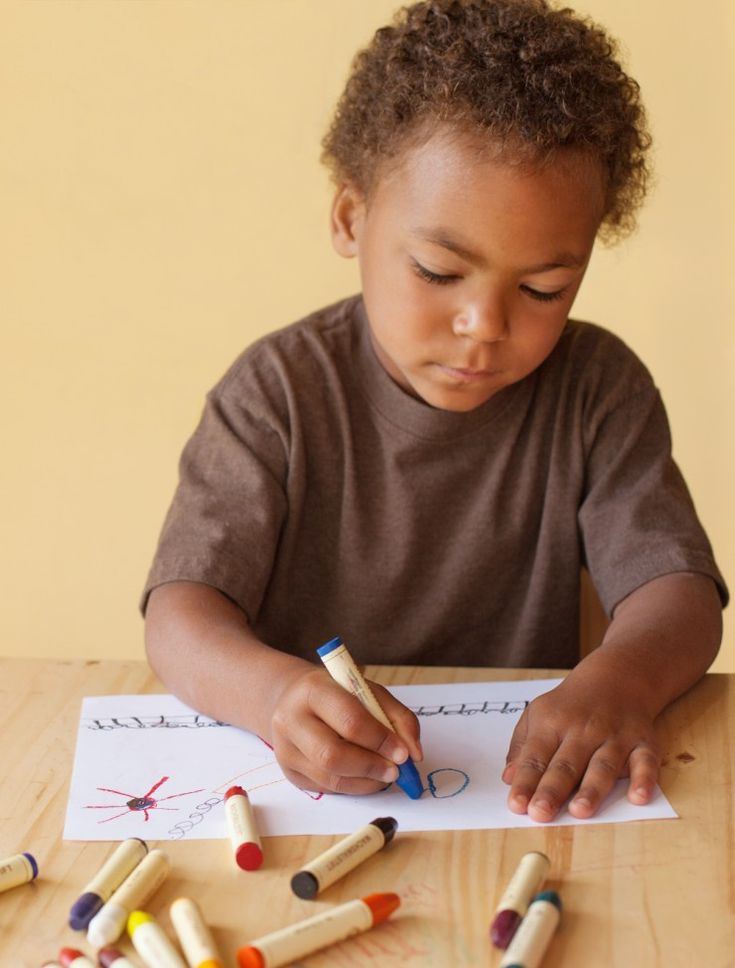
Also, don’t feel rejected if your child wants some quiet time or a safe space to wind down.
Be Flexible
Be flexible in accommodating your child’s sensory needs so that they can participate in family activities. If your child doesn’t want to be hugged or kissed, let other family members know ahead of time. You can also encourage them to express affection in other appropriate ways such as a fist bump or a thank-you note.
It’s okay to cut an activity short if your child becomes overstimulated and must leave.
Encourage, but do not force, them to try new things
While you shouldn’t push them too hard, don’t shelter them too much either. Expose them to enough new experiences and gently encourage them to try new things.
Initially, they may refuse, but with time and patience, they will eventually build confidence up enough and jump in.
Help them adapt
As your child gets older, they will have to adapt to the real world where most people are not sensitive.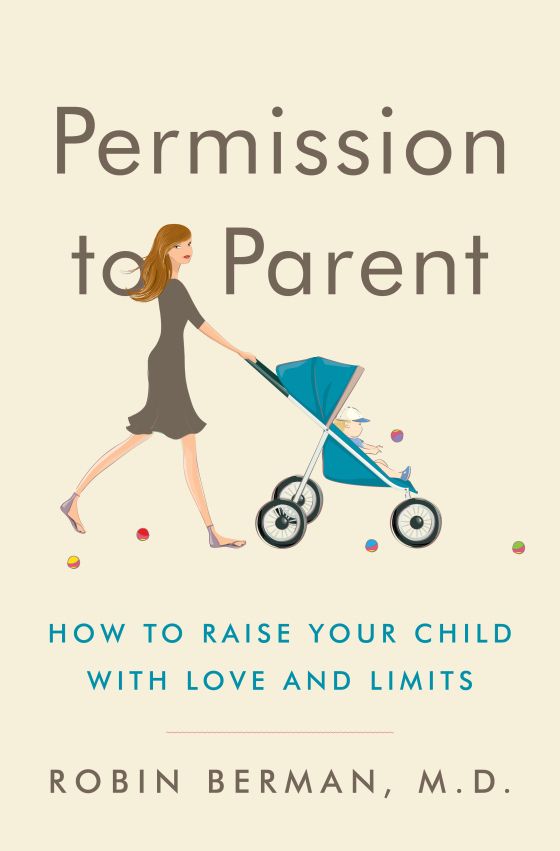
At home, help them by giving them a voice. Speaking up and expressing themselves are not easy things for these kids. Encourage them to turn up their volume so when they are out in the world, they will be heard.
Teach the whole family about sensitivity
Help your family understand what sensitivity is. It’s important that family members don’t believe there is something wrong with this child and blame them for every disappointment (“We wouldn’t have had to leave if she didn’t cry.”)
High sensitivity is not a flaw in parent or child. Remind your child about their strengths and positive traits. Keep it positive.
Highly sensitive kids need plenty of encouragement to thrive. Praise your child’s effort, not ability, so that they believe they can improve with practice and are not limited by their current abilities10.
Also See: Highly Sensitive Parent – Signs, Pros & Cons and Self-Care Tips
Final thoughts on highly sensitive child
Sometimes, family members may have a hard time understanding the child’s needs or knowing how to interact with them.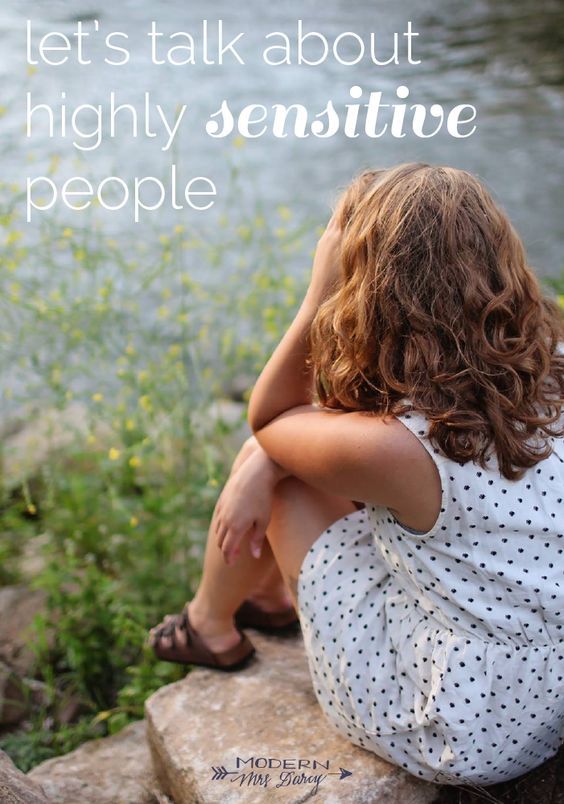 The whole family can benefit from seeking the help of an experienced clinical psychologist.
The whole family can benefit from seeking the help of an experienced clinical psychologist.
References
-
1.
Acevedo BP, Aron EN, Aron A, Sangster M, Collins N, Brown LL. The highly sensitive brain: an fMRI study of sensory processing sensitivity and response to others’ emotions. Brain Behav. Published online June 23, 2014:580-594. doi:10.1002/brb3.242
-
2.
Aron E. The Highly Sensitive Person. Broadway Books; 1997.
-
3.
Hills P, Argyle M. Happiness, introversion–extraversion and happy introverts. Personality and Individual Differences. Published online March 2001:595-608. doi:10.1016/s0191-8869(00)00058-1
-
4.
Widiger TA, Oltmanns JR. Neuroticism is a fundamental domain of personality with enormous public health implications. World Psychiatry. Published online May 12, 2017:144-145.
 doi:10.1002/wps.20411
doi:10.1002/wps.20411 -
5.
Aron EN, Aron A, Jagiellowicz J. Sensory Processing Sensitivity. Pers Soc Psychol Rev. Published online January 30, 2012:262-282. doi:10.1177/1088868311434213
-
6.
Acevedo B, Aron E, Pospos S, Jessen D. The functional highly sensitive brain: a review of the brain circuits underlying sensory processing sensitivity and seemingly related disorders. Phil Trans R Soc B. Published online February 26, 2018:20170161. doi:10.1098/rstb.2017.0161
-
7.
Aron EN, Aron A. Sensory-processing sensitivity and its relation to introversion and emotionality. Journal of Personality and Social Psychology. Published online 1997:345-368. doi:10.1037/0022-3514.73.2.345
-
8.
Greven CU, Lionetti F, Booth C, et al. Sensory Processing Sensitivity in the context of Environmental Sensitivity: A critical review and development of research agenda. Neuroscience & Biobehavioral Reviews.
 Published online March 2019:287-305. doi:10.1016/j.neubiorev.2019.01.009
Published online March 2019:287-305. doi:10.1016/j.neubiorev.2019.01.009 -
9.
Belsky J, Pluess M. Beyond diathesis stress: Differential susceptibility to environmental influences. Psychological Bulletin. Published online 2009:885-908. doi:10.1037/a0017376
-
10.
Gunderson EA, Gripshover SJ, Romero C, Dweck CS, Goldin-Meadow S, Levine SC. Parent Praise to 1- to 3-Year-Olds Predicts Children’s Motivational Frameworks 5 Years Later. Child Dev. Published online February 11, 2013:1526-1541. doi:10.1111/cdev.12064
Naughty, afraid, shy: how to raise a highly sensitive child
Clinical psychologist and psychotherapist Elaine Eyron considers herself a highly sensitive person and the mother of such a child. For 20 years, she has interviewed and consulted thousands of adults and children. On the basis of this data, Eiron wrote the book "The Highly Sensitive Child", where she talks in detail and in a new way about what was previously called "low threshold", "shyness" and "moodyness".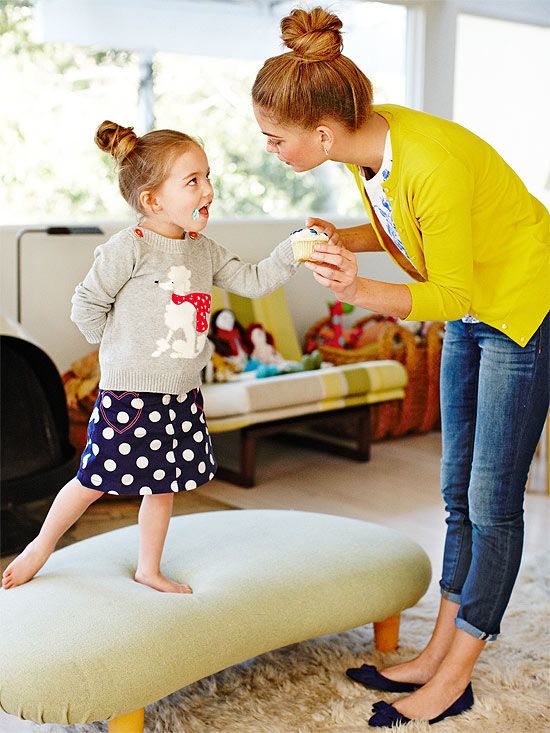
Who is a highly sensitive child
Highly Sensitive People (HSPs) are born with the ability to notice more in the environment and think deeply about everything before acting. These people are empathic, intelligent, intuitive and creative, caring and conscientious. But they are easily put out of action by too much information arriving at the same time.
Approximately 20% of children (girls and boys equally) have this trait. The percentage is too high to be just a disadvantage: evolution would not allow this. High sensitivity is one of the normal variants of innate temperament. Approximately the same proportion of sensitive individuals was found in all animal species that were studied.
Parents of a highly sensitive child (HSD) know from the start that they have an unusual child. Any newborn can be restless or colic, but highly sensitive babies cry mostly when too much is going on for too long a period of time.
A sensitive child needs fewer stimuli to become "too much". The mood of the parents, for example, anxiety, has a greater influence on such children.
The mood of the parents, for example, anxiety, has a greater influence on such children.
These children are easily frightened and cry if bright light enters their eyes; complain about scratchy clothes, tags, seams, have difficulty falling asleep after a stormy day
As they get older, they often show emotional sensitivity: they start crying quickly if their feelings are hurt, they become more anxious - or may be so happy that they cannot bear it.
They think for a long time before doing something, so they are often considered shy or fearful. Punishment and even just criticism suppress them. When they grow up, they are often distinguished by kindness and conscientiousness, upset by injustice, cruelty and irresponsibility.
Difficulties in raising such a child
These children are often casually labeled as “shy,” “spoiled,” or “capricious.” Parents are worried - they are constantly told that something is wrong with the child. Although they themselves consider him conscious, caring and insightful. Moreover, they know that if they follow the advice of the experienced, the child will suffer. And if you act, sensitively listening to his signals, he is transformed.
Moreover, they know that if they follow the advice of the experienced, the child will suffer. And if you act, sensitively listening to his signals, he is transformed.
Of course, among such children there are real drama queens and demanding "little princes". It depends on such traits of temperament as perseverance, flexibility and intensity of emotions. And also from the role models of the child and the lifestyle of the family.
“I heard parents talking about it: feeling embarrassed in public because of the child’s shyness and whims, his tears “about nothing”, fears, and so on. Some people get confused by this. And some parents - to depression, especially when sleepless nights come in succession. There is a place for anger, feelings of inadequacy, alienation from other parents with "normal" children. Some parents feel tortured, deceived, bound hand and foot. This can affect the marriage, other children, and the health of the parent.”
The child should be free to express his feelings: angry, annoyed, upset, in pain, fear, shock.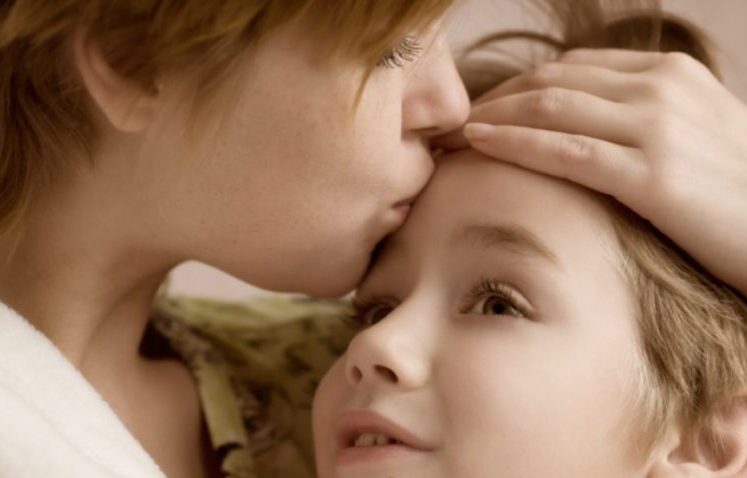 When they find a way out, experienced parents teach the child how to deal with them. Less responsive ones make children hide their feelings in order to fit in with the environment and not cause trouble, but the child does not learn to control them.
When they find a way out, experienced parents teach the child how to deal with them. Less responsive ones make children hide their feelings in order to fit in with the environment and not cause trouble, but the child does not learn to control them.
In the course of the study, Eiron heard many sad stories from survey participants about their difficult childhood, when parents with the best intentions caused them great pain because they did not know how to raise a highly sensitive child. Many parents may not know how to get along with HSD, and in desperation they dream that their child will become different.
Over-annoyance as the main trigger
One of the main problems of highly sensitive children is over-annoyance. They are disturbed by things that others may not even notice. Trying to cope with over-irritation, some throw tantrums or fall into a rage, others try to be perfectly obedient in the hope that no one will touch them. Still others stick to books or a computer, creating their own little world. Some begin to do their best to compensate for what they consider their shortcomings and strive to achieve perfection.
Some begin to do their best to compensate for what they consider their shortcomings and strive to achieve perfection.
It happens that children in a situation of over-annoyance lose self-control and they begin to suspect attention deficit disorder - although they are fine if they are not overexcited and the order is not disturbed. Sometimes they go completely nuts, lay down on the floor and start screaming. Other children in an overexcited state react with their body - they start to have a headache or stomachache. Some decide they've tried everything and give up. They become fearful, distant and desperate.
In fact, highly sensitive children are calm and sociable most of the time. They are willing to listen and speak. They are not in themselves in a state of stress, but they can often be seen in a good mood - friendly, curious and proud of themselves. They are better at noticing any shade of parental mood: “With such a child, the result of your actions will be more noticeable, your task will be more difficult, but the reward will be greater.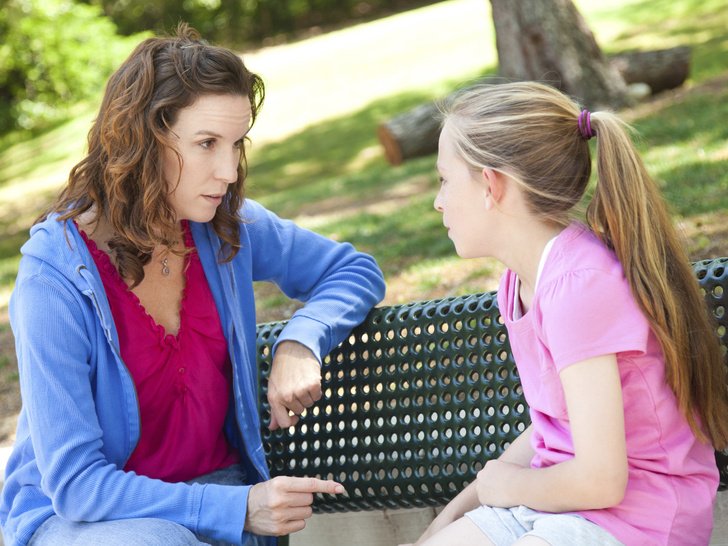 ”
”
How Highly Sensitive Babies Grow
Highly Sensitive Babies are “reactive” from the very beginning: they start crying from too much external stimuli, overexcitement and fatigue. At the same time, they reach the threshold of overexcitation faster than others. To reduce general irritation, parents should pay attention to the environment around the child: leave a minimum of toys available, dress him in very soft clothes, reduce the amount of sounds, temporarily refuse trips and visits. And most importantly, stay calm yourself.
It is important to form a strong bond between you and your child - this will give him a basic sense of security in the world.
Sensitive children do not feel confident around an aggressive, punishing, tired, inflexible mother. In this they are no different from others.
At an early age of one to three years, it is important to help adapt to changing circumstances. Give the child the opportunity to get used to the new: tell about the event in advance, make sure that he is ready for change.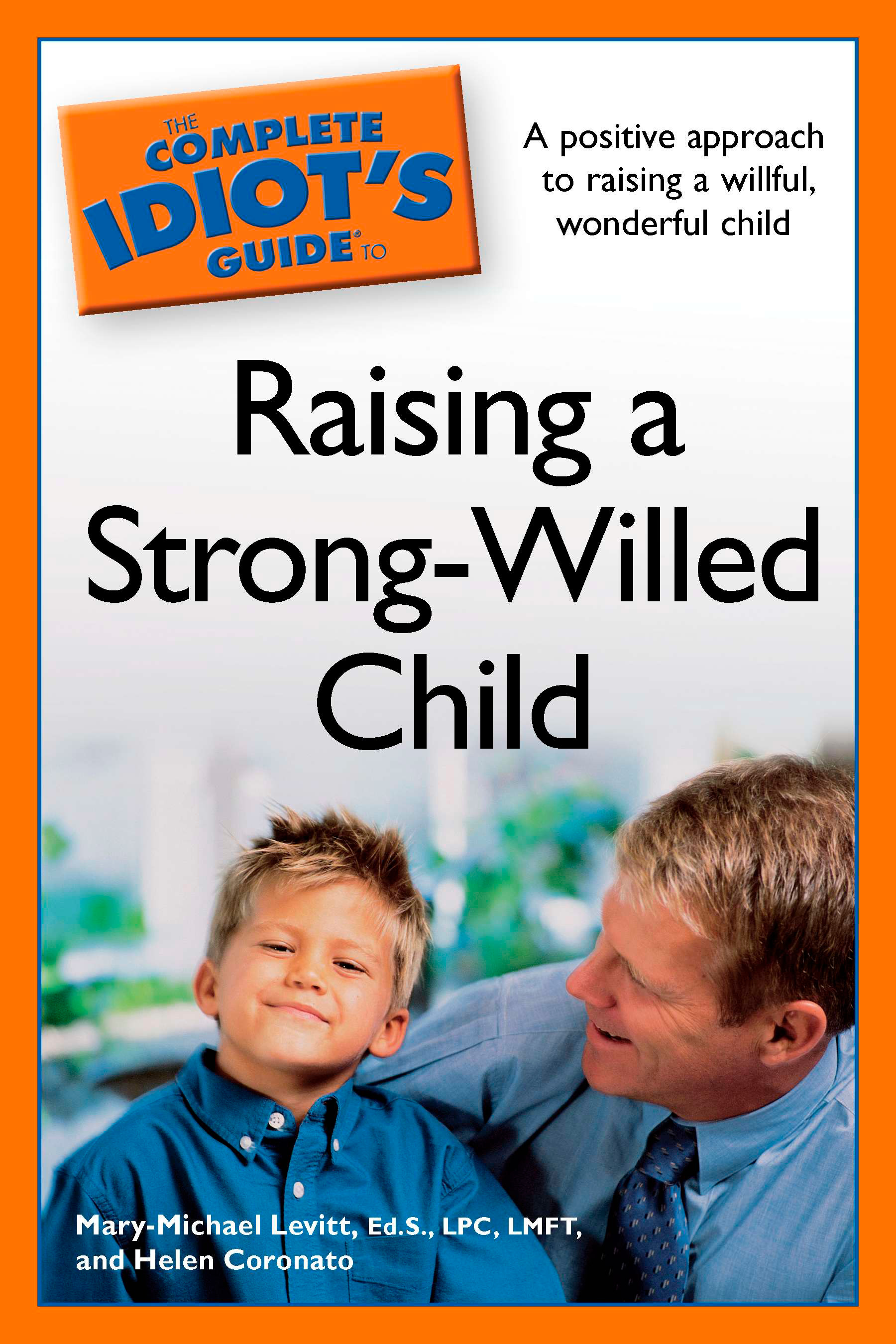 Almost every behavioral problem at this age has a "bodily" cause: the child is tired, hungry, hot, or thirsty.
Almost every behavioral problem at this age has a "bodily" cause: the child is tired, hungry, hot, or thirsty.
After three years, the main task is to teach not to be afraid of new people and situations. It is important to talk to him about his feelings: fear, interest, excitement, joy. It can be mentioned that mixed feelings are normal, especially in new situations. Small groups and order in kindergarten will help your child maintain an optimal level of arousal while still having a social life.
During the school years, parents note the curiosity, creativity, and non-standard thinking of their children. But they are still vulnerable to stress (there is no good friend at school, they live in the same house with a seriously ill person, there is not enough money in the family). They cannot simply put aside fears and annoyances, as many others do. And long-term fear easily develops into constant anxiety.
Therefore, in difficult situations, highly sensitive children tend to have an increased tendency to anxiety and depression.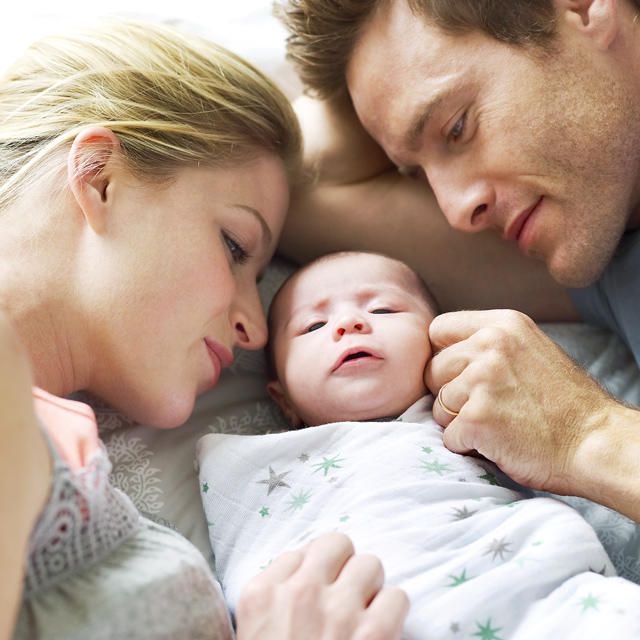 So he can control the behavior.
So he can control the behavior.
Help your child recognize what usually improves his mood. Teach him how to solve problems and turn to others for help. You can reduce the level of stress in your child's life by arranging the day in such a way that it has frequent breaks for rest. Show more care in difficult days. Always take care of quality sleep - chronic sleep deprivation is especially harmful.
Between the ages of 14 and 18, the progressive talents and spiritual depth of highly sensitive children are most striking. They can be budding inventors, scientists, chess players, computer scientists. At this time, they begin to work on overcoming the peculiarities of their behavior - shyness, fearfulness, or lack of life experience. They most of all want to try new things, and they are the least worried about overwork. Adolescence and "twenties" are the time when manifestations of high sensitivity are at a minimum.
Although your teenager is now acting very bold, confident and persuasive, stick to the following principles:
1.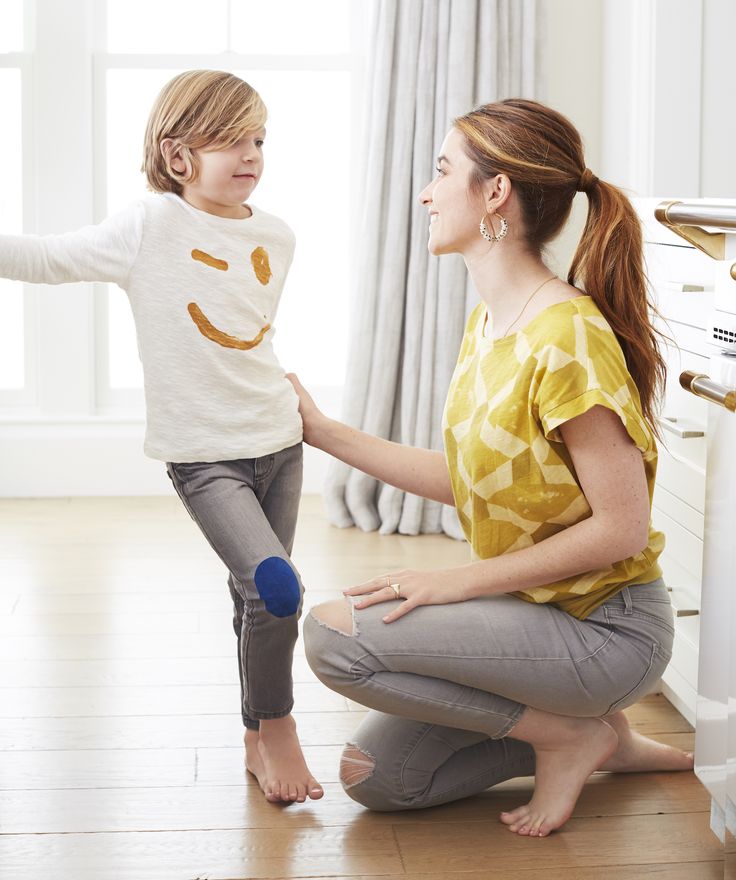 Make sure he has someone to talk to.
Make sure he has someone to talk to.
2. Continue to help him cope with overstimulation: your child needs to understand what living conditions his feature requires - sufficient rest, reduction in the number of stimuli, control of the level of arousal.
3. You spend less time together now—find ways to express your love and support briefly but generously. Instead of doubt and anxiety, express trust. Repeat the formulas: "I believe that you will do the right thing" and "Think carefully, and then do what you see fit."
4. Accept that a teenager needs to distance themselves from you in order to become a separate person. “Letting go does not mean breaking the connection, stopping loving, or not expecting love in return. On the contrary, true love and connection are manifested only when there are two people, and not one. Kids just can't love you if you don't let them be themselves."
What can be a problem for parents
1. Increased attention to detail
Trust your child: if he says that something hurts him, rubs or pricks, it really is.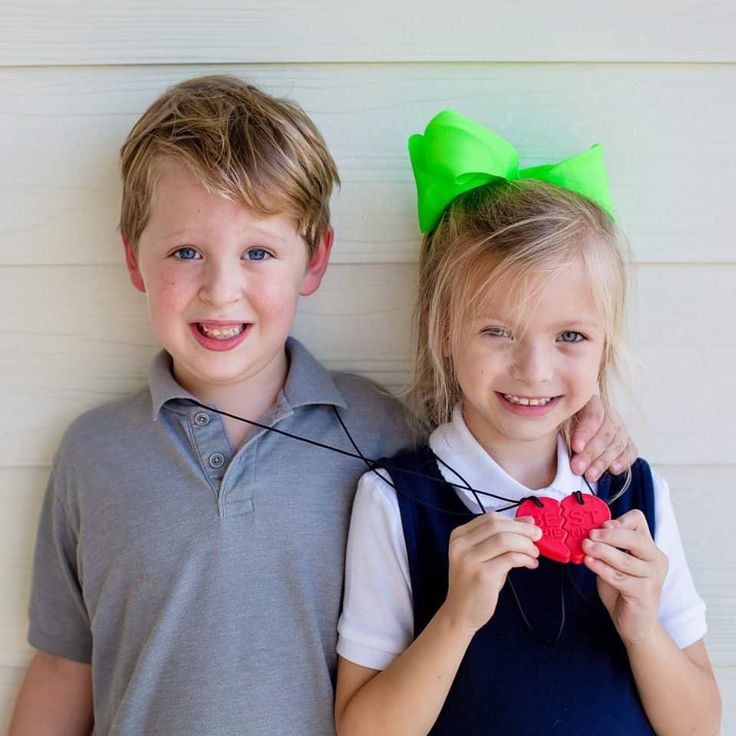 Small highly sensitive children should be fed and rested, then they will be less irritable. However, it is worth delineating the boundaries of what you can do to save the child from discomfort: "I try to tie the shoelaces as you ask, but only five times in a row."
Small highly sensitive children should be fed and rested, then they will be less irritable. However, it is worth delineating the boundaries of what you can do to save the child from discomfort: "I try to tie the shoelaces as you ask, but only five times in a row."
2. Rapid overexcitation
Such a child gets overexcited more easily because there is too much information coming in at once (from outside and inside - when the child imagines something scary or disturbing). Highly sensitive children have areas in which overexcitation is fraught with difficulties. Explain how stress affects success and ease of execution: "You can do a lot, but nervousness, noise or a new environment can get in the way."
Identify your child's strengths and start working on it. It is important that at first each attempt is successful. Highlight the areas in which the child is so trained and skilled that nothing will confuse him. Help him enjoy these activities in a normal environment - you can sing in the car, put on a performance - for grandmothers. And it is not necessary to enroll in a circle.
And it is not necessary to enroll in a circle.
3. Strong emotional reactions
Intense reactions appear unconsciously already in infancy. Older children may not be aware of them or suppress them if they seem unacceptable. It is important here how the parents taught the child to work with his emotions. Let your child express their feelings. Talk about them, learn to read emotional cues to help recognize feelings.
4. Awareness of the feelings of others
Such children are more affected by the psychological alienation of significant adults and the insecure relationship with the mother. The most important thing for a parent is to create an atmosphere of acceptance. Try to appreciate the sensitivity of the child towards you - the main person in charge.
People often deny that they are afraid or angry to avoid embarrassment or because they themselves do not notice their feelings at these moments. It will be much easier for your child if you yourself know how to identify your feelings and do not hide them.
Because of his awareness of the feelings of others, an HSD may unconsciously prioritize the needs of others in order to alleviate their (and his) emotional pain. It's important to keep a balance. Explain to the child that he has the right to say "no" or ignore someone else's opinion.
5. Caution in a new situation
HF is very receptive, so he analyzes a new situation comprehensively before taking a step forward. Eyron identifies two systems in the brain, which he calls "stop and check" and "seize the moment." ICP is highly developed in the first - they can be cautious, but at the same time seek adventure. The good news is that ICP is less likely to fall out of a tree, get hit by a car, try cigarettes, or get scammed.
You can help in moments of indecision by emphasizing the similarities with situations that the child has already dealt with (“the meeting of relatives will be like a grandmother’s birthday”). It is worth moving in small steps, each of which will be given to the child easily and in which he is guaranteed to succeed.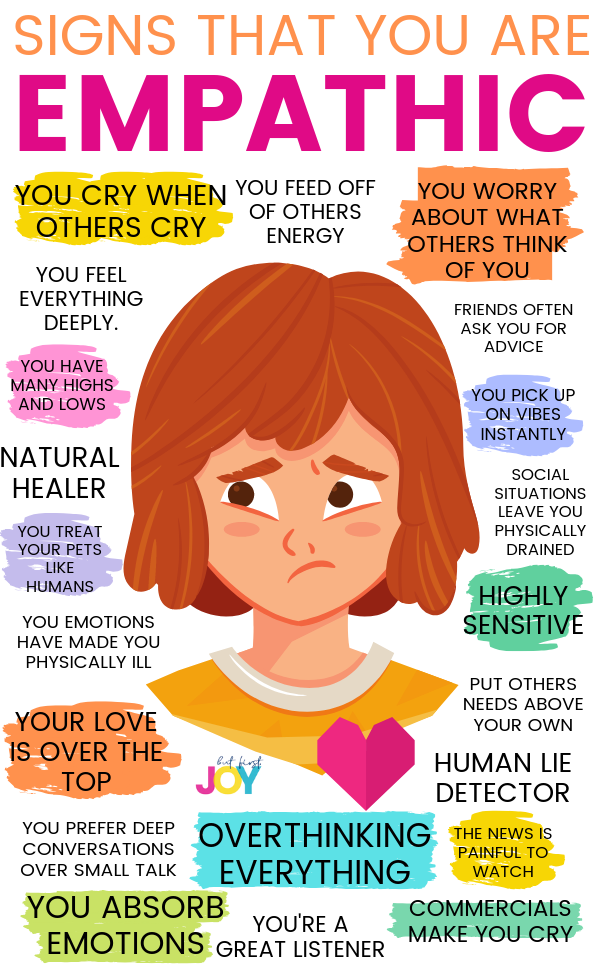
6. He is not like others
In our society, sensitive children are not admired. However, there are cultures where this trait is valued higher. Your child's sensitivity is not a disorder or an inability to filter incoming information. Attempts to heal, eradicate or hide signs of sensitivity will lead to big problems.
Don't be afraid to talk to others - and to the child himself - about his sensitivity. Teachers, peers, and relatives can appreciate the many things that make your child stand out from the rest. They will help your child build self-esteem and support him.
4 Principles for Raising a Happy Child
Highly sensitive children take on a lot of things and react strongly to the words and actions of others, so they need help setting boundaries more than other children. As a result, your child will confidently accept himself and filter out the bad, because it will not be so easy to convince him that he is bad or not worthy of having his own opinion and needs. He will know that he has the right to cut off everything bad.
He will know that he has the right to cut off everything bad.
1. As little criticism as possible
Too much criticism and the HRC will decide that it is better to consider yourself knowingly wrong. They often don’t need it at all - they will punish themselves: when they are told that they made a mistake, they think it over deeply and analyze it comprehensively.
Such children are prone to depressive realism in assessing their actions or the opinions of others about them. They strive to do everything right on the first try. It is important to respect the feelings, needs, opinions and decisions of the child.
You cannot control everything your child hears from others, so it is important to teach them how to interpret what they hear. It is necessary to help formulate answers and develop a defense mechanism. In adulthood, unresolved shame and low self-esteem will cause him daily excruciating emotional pain.
2. Don't use shame
Shame is much more than low self-esteem: the destructive feeling that you are all bad. He can evoke violent hostility towards others or towards himself. A person who is ashamed is passive and helpless. One of the situations that cause rage and explosive behavior in the HCR is the feeling of shame, which he cannot bear.
He can evoke violent hostility towards others or towards himself. A person who is ashamed is passive and helpless. One of the situations that cause rage and explosive behavior in the HCR is the feeling of shame, which he cannot bear.
It is important to be careful when comparing HDRs with others - they should be affirmative, not shaming. It is worth avoiding banter in the family: sometimes disguised hostility is presented in an outwardly harmless form. Talk to your child about what is happening if there are problems in the family. Children should not blame themselves for them.
3. Calm discipline
Morality arises naturally in a child's loving relationship with caregivers. At the age of two or three years, the child begins to accept the point of view of his parents and perceive it as his own. The child may say to himself: “It’s better not to touch it, mom said that it might break.”
Usually highly sensitive children are very remorseful after a mistake and punish themselves with regrets. Parents admit that tougher punishments do not work: as a result, the child cries to the point of trembling or falls into an uncontrollable rage, which means: "I can't take it anymore." In this state, he suffers and is frightened, which means he cannot learn his lesson.
Parents admit that tougher punishments do not work: as a result, the child cries to the point of trembling or falls into an uncontrollable rage, which means: "I can't take it anymore." In this state, he suffers and is frightened, which means he cannot learn his lesson.
If your child has frequent fits of disobedience or emotional breakdowns, you probably want too much from him, regardless of age and temperament.
4. Ability to talk about sensitivity
One day it is time to discuss with the child the features of his temperament. When there is difficulty associated with it, focus on the solution, not the sensitivity itself. Do not explain the child's failure with sensitivity, do not say: "You are upset because you are very sensitive" - and do not use sensitivity as an argument in an argument. Explain that each person has character traits that are especially noticeable. There are many sensitive people - he is not alone.
Photo: Unsplash
Irina Balmanji
Is your child sensitive to noise, smells, bright lights, crowds, rush, rudeness, and is unable to ignore stimuli? Don't worry, he's all right! It just refers to the 15-20% of people who are called hypersensitive.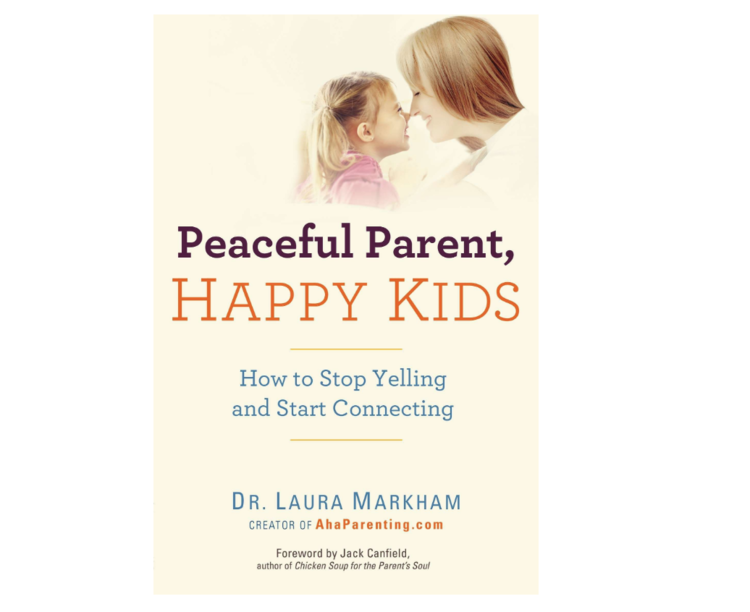
This quality can create many problems. An oversensitive child tends to underestimate self-esteem (especially if parents scold him for being different from other children). He often feels restless and tense when dealing with cheeky people or dealing with irritants during the day.
Hypersensitive people
Your task is to treat the child with understanding and teach him how to survive in our aggressive, dynamic world.
Relaxation Techniques
Super sensitive children can benefit from daily meditation, breathing exercises, and calming activities to temporarily disconnect from external stimuli.
Here is a very simple five-minute practice for a child:
Sit comfortably and close your eyes. Slowly inhale through your nose, drawing in your stomach, count to five... hold your breath, count to five... and slowly exhale, counting to five again... Feel your body relax more and more with each exhalation... Repeat the exercise again.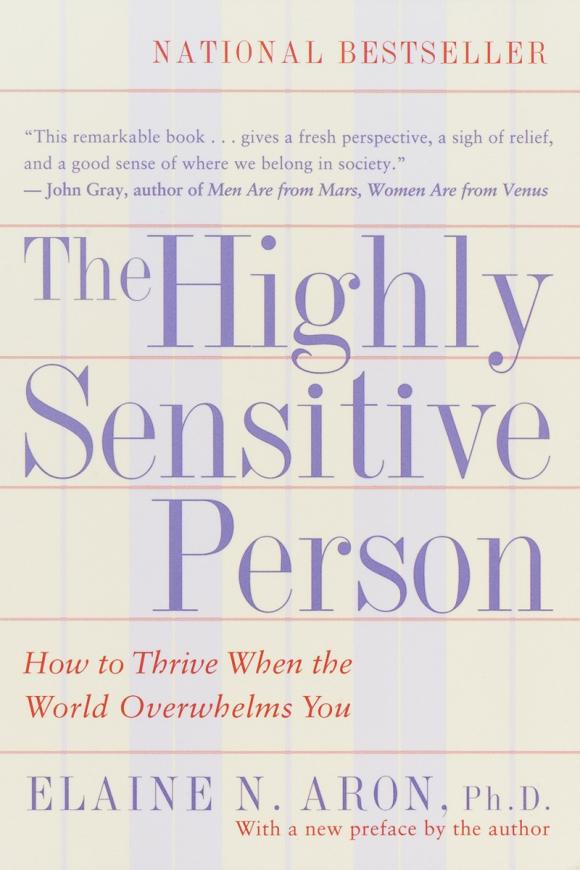 .. Breathe in calmly and serenely... hold your breath… exhale stress…
.. Breathe in calmly and serenely... hold your breath… exhale stress…
Your child may be more comfortable counting to four or three. Let him choose a breathing rhythm that suits him. During the exercise, with each inhalation and exhalation, you can repeat a mantra to yourself, for example, the word “peace” or “silence”.
Source
Another great way to relax is to mentally travel to somewhere nice, safe, and relaxing. All it takes is imagination. A child can imagine for several minutes that he is lying on a soft cloud, basking in the sun under palm trees, or taking a fragrant bath. This will be enough to calm the nervous system.
There are other effective ways to relax: reading an inspiring book, keeping a personal diary, taking a 10-minute nap while listening to soothing music, taking leisurely walks in the fresh air… condition even in a tense environment.
Stress-free learning
Supersensitive children have a particularly hard time at school. Excessive workloads, whiteboard responses, and noisy change are all sources of stress that are almost impossible to avoid. Constant stress harms the health of the child, leads to outbursts of irritability and makes it difficult to concentrate on learning.
Excessive workloads, whiteboard responses, and noisy change are all sources of stress that are almost impossible to avoid. Constant stress harms the health of the child, leads to outbursts of irritability and makes it difficult to concentrate on learning.
Here are some powerful ways to improve:
1. Think of strategies that will keep you energized throughout the school day. Talk to your child about how to make better use of breaks between lessons. Even at school, there are relatively quiet places (for example, a library) where you can relax and gather strength. In addition, headphones and earplugs are good at saving you from noise.
Discuss relaxation techniques to use before class, during breaks, and during class. For example, deep breathing can help you quickly calm down while the teacher thinks about who to call to the board. In the morning, it will be useful to meditate, and in the afternoon - a little walk or read an art book.
Retrieved
2. Pay special attention to homework. A hypersensitive child has difficulty concentrating during a lesson, so he may perceive the material worse than his classmates. However, in a calm environment, he is quite capable of catching up.
Pay special attention to homework. A hypersensitive child has difficulty concentrating during a lesson, so he may perceive the material worse than his classmates. However, in a calm environment, he is quite capable of catching up.
Deep knowledge will help you gain self-confidence. Having properly understood the topic, the child will be less worried about test papers or exams.
3. If you want your child to attend additional educational courses (for example, study English at a language center), then choose institutions where teachers work with small groups of 3-5 people. Better yet, find a private tutor.
Do not force your child to go to clubs and clubs that he does not like. Perhaps boxing, basketball or dancing stresses him out, but he would love to go to art school.
Sports without competition
Physical activity makes us healthier, improves mood and helps fight stress, so absolutely everyone needs it. But for hypersensitive people, there is a small caveat: it is better for them to give up team and competitive sports.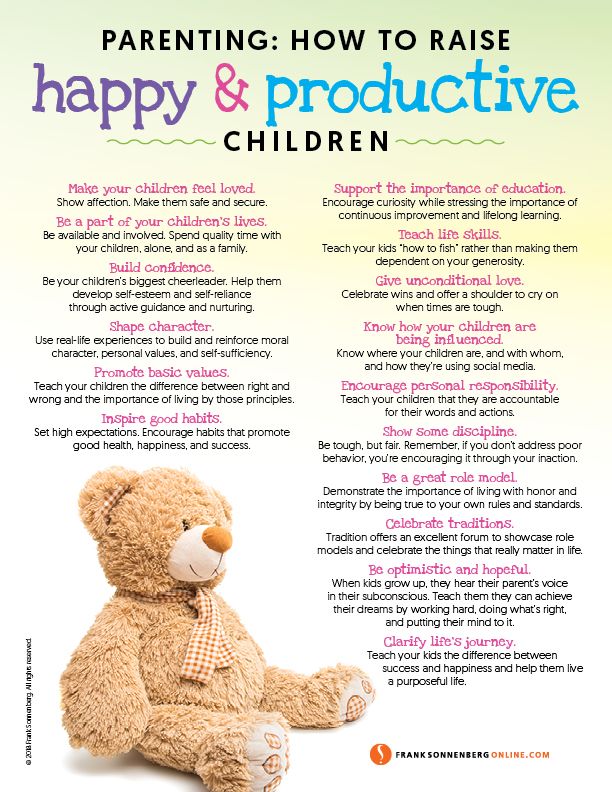
A child with a sensitive nervous system can be emotionally drained by competition and a focus on results. So individual physical exercises will be much more useful for him than, for example, playing in a school volleyball sports team.
Source
Walking, running (at your own pace, not at speed), yoga, cycling, skating or skiing are ideal.
Time management
Haste, a huge number of tasks that you need to constantly keep in mind, fatigue and lack of sleep are the strongest stress factors, especially for a hypersensitive person. But good planning helps to solve these problems.
Write a plan for the day ahead of time with your child. Set aside more time for each lesson so that you can do everything at a calm pace. Be sure to leave breaks for rest.
Source
Plan your daily routine in such a way that in the morning the child has time to exercise and perform relaxation exercises, and in the evening he does not stay up late. If he is usually late for school and runs headlong to the first lesson, let him wake up and leave the house a little earlier. You also need to start your homework on time, and not after computer battles and many hours of watching TV.
If he is usually late for school and runs headlong to the first lesson, let him wake up and leave the house a little earlier. You also need to start your homework on time, and not after computer battles and many hours of watching TV.
Computer and TV
Disturbing news, movies about maniacs, violent shows, a myriad of commercials, shooters (shooting games) can cause overexertion and sleep problems even for someone who does not consider himself hypersensitive person.
Source
Enter certain restrictions for the child. Firstly, games, films and programs with scenes of violence should be banned. Secondly, the time spent at the screen should be reduced to a minimum (a few hours a week is enough). Thirdly, after nine in the evening it is better to completely turn off the TV, computer, phone, tablet and other gadgets.
Boyish myths
Highly sensitive boys have the hardest time. From an early age, they are taught to behave tough.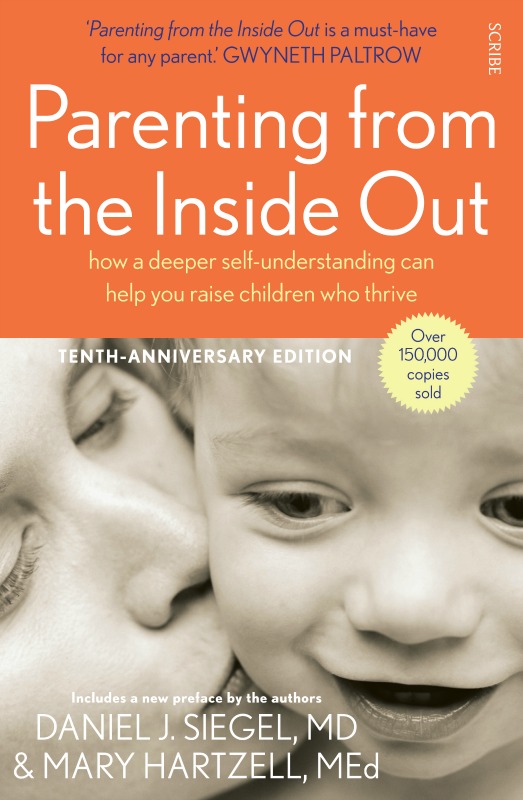 If they show gentleness and do not hide emotions, then adults usually explain that such behavior is unacceptable. Very often you can hear such phrases: “Don’t roar, you’re not a girl”, “What kind of veal tenderness is this?”, “Be a real man, give back.”
If they show gentleness and do not hide emotions, then adults usually explain that such behavior is unacceptable. Very often you can hear such phrases: “Don’t roar, you’re not a girl”, “What kind of veal tenderness is this?”, “Be a real man, give back.”
It is not surprising that the child learns to give up his true self in an attempt to win the recognition of his parents and peers. This denial can cause fear, anxiety, and low self-esteem.
Source
Get rid of stereotypes! The boy does not have to be aggressive, rude, strong and active. If he is bored with listening to news about sports or watching action movies is unpleasant, this does not indicate that he is abnormal. He does not have to follow a code of tough male behavior just because such standards have developed in society.
Let your child be himself. Accept its softness and sensitivity. Do not scold, but explain how to calm down and deal with external stimuli.
Benefits of hypersensitivity
Hypersensitivity is a rarity in our society, which is generally easy on overexertion, competition, and aggression.